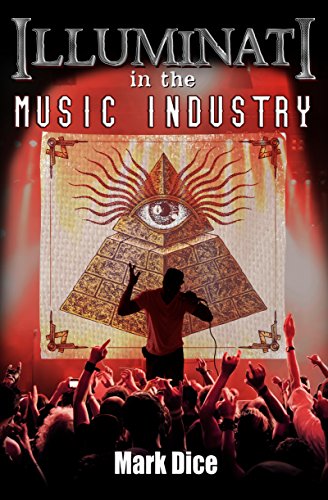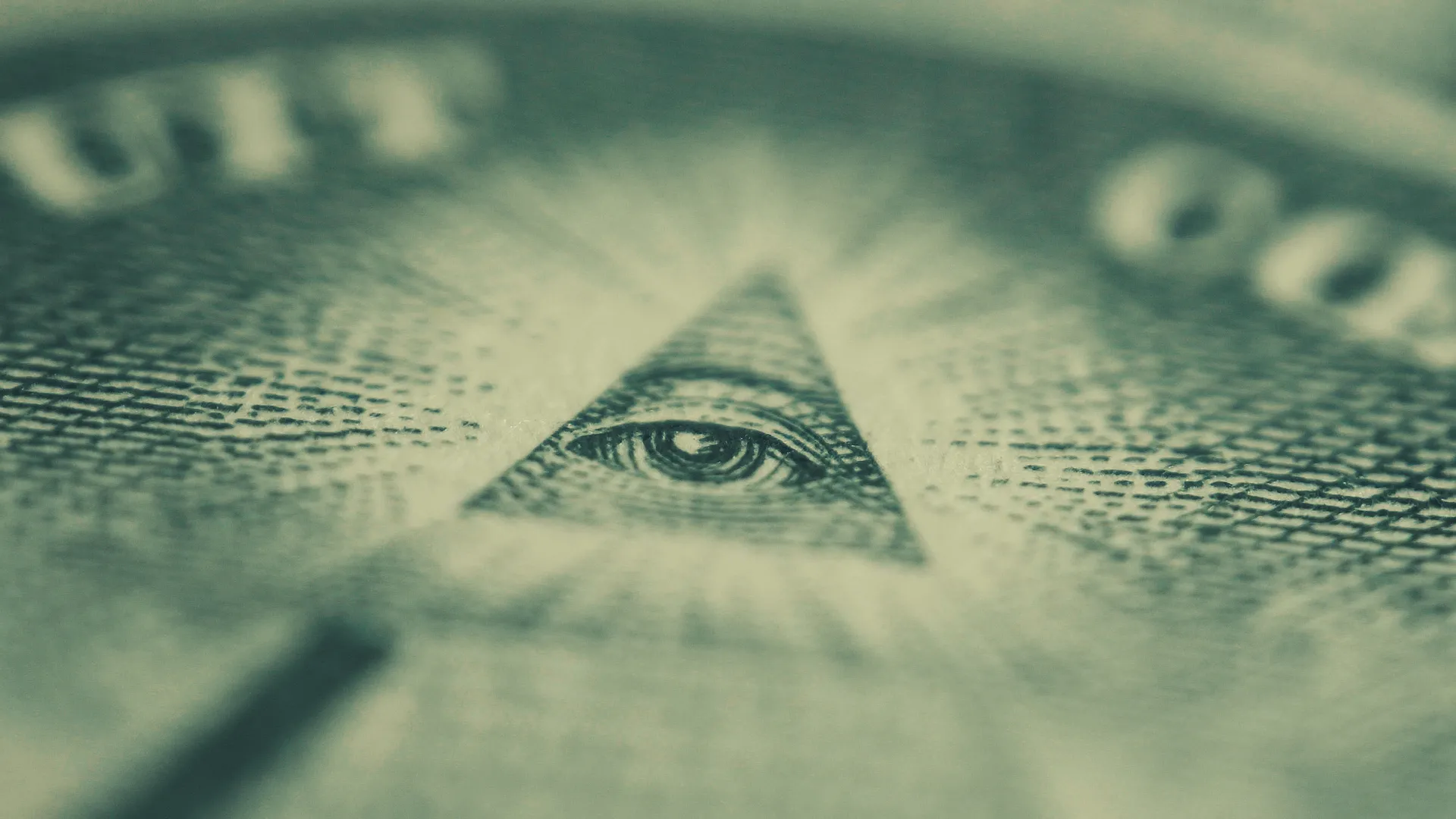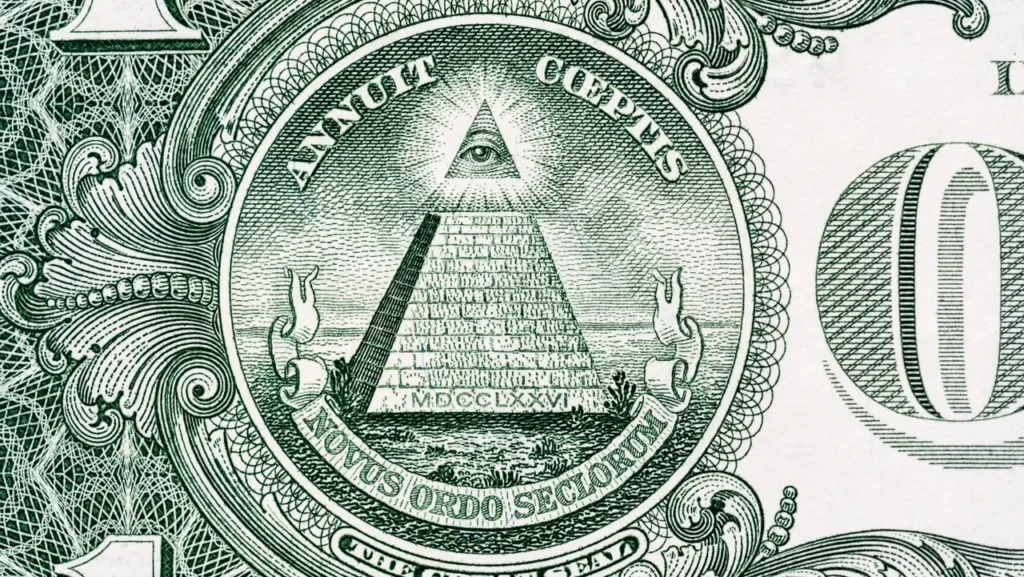The Illuminati, a secret society that has fascinated people for centuries, has evolved into one of the most persistent conspiracy theories in modern history. Once an obscure historical group founded in 1776, the Illuminati has now become a central figure in pop culture and online communities. From the music industry to Hollywood and even social media, the reach of Illuminati theories is undeniable. But how exactly do these theories influence pop culture and online discourse? Let’s explore how the notion of a powerful, shadowy elite has embedded itself into the fabric of modern culture.
Origins of the Illuminati in Pop Culture
To understand how Illuminati theories influence pop culture, it’s important to look at their historical context. The original Illuminati was founded in Bavaria in 1776 by Adam Weishaupt, aiming to promote Enlightenment ideals such as reason, secularism, and free thought. However, the group was disbanded in the late 1780s by government intervention. Illuminati official online
Despite its short-lived existence, the Illuminati gained notoriety in the 19th century when various conspiracy theories began to flourish. Over time, writers and thinkers like Augustin Barruel and John Robison popularized the notion that the Illuminati had not disappeared but had gone underground, covertly pulling the strings behind major global events. By the mid-20th century, these conspiracy theories had firmly embedded themselves into the public consciousness. The Illuminati’s transformation from an obscure historical group to a symbol of a secret ruling elite was fueled by literature, films, and, eventually, the internet.
Illuminati Symbolism in Music

Perhaps nowhere is the influence of Illuminati theories more pronounced than in the music industry. Since the 1990s, rumors have circulated that many successful musicians are either members of the Illuminati or use Illuminati symbols to signal their allegiance to a secret elite. Artists like Beyoncé, Jay-Z, Rihanna, and Kanye West have been linked to these theories, often because of their success and wealth, which conspiracy theorists interpret as proof of their involvement in a covert power structure.
A common symbol associated with the Illuminati is the “All-Seeing Eye” or the Eye of Providence, often depicted on the U.S. dollar bill. This symbol frequently appears in music videos, album art, and stage performances, which conspiracy theorists interpret as evidence of Illuminati influence. For example, Beyoncé and Jay-Z have been accused of flashing Illuminati symbols, particularly the triangle or pyramid hand gesture, which is often associated with the secret society.
While there is no concrete evidence to support these claims, the association between the Illuminati and popular music has become a fixture in pop culture. Musicians sometimes play into these theories by incorporating these symbols into their work, further fueling speculation. Whether intentionally or not, these symbols contribute to the artists’ mystique and public image, blending the lines between reality, marketing, and conspiracy.
Hollywood’s Role in Illuminati Theories
Hollywood has also played a significant role in keeping Illuminati theories alive. Many blockbuster films have touched on themes of secret societies, global control, and hidden agendas. Movies like The Matrix, Eyes Wide Shut, and Angels & Demons tap into the public’s fascination with secret elites controlling the world. In many cases, these films include overt or subtle references to Illuminati symbols, such as pyramids, eyes, and occult imagery.
Some conspiracy theorists believe that Hollywood is controlled by the Illuminati and that the industry’s success hinges on promoting its values and agenda. The idea that celebrities have “sold their soul” to the Illuminati in exchange for fame and fortune has become a common trope in online communities. It’s not uncommon to see conspiracy videos on platforms like YouTube dissecting celebrity interviews, music videos, and award show performances for signs of Illuminati involvement.
While these theories lack factual basis, they reveal the deep skepticism many people have toward powerful industries like entertainment. The notion of the Illuminati offers a convenient explanation for the success and influence of certain public figures, attributing it to nefarious activities rather than talent, hard work, or market demand. Illuminati official online
The Internet: A Breeding Ground for Illuminati Theories
The internet has proven to be the perfect medium for the proliferation of Illuminati theories. Social media platforms, forums, and video-sharing sites like YouTube have become hubs where conspiracy theorists gather to discuss, analyze, and share evidence of Illuminati influence. Memes, viral videos, and fan theories about celebrities and world events all contribute to the spread of these ideas.
In online communities, the Illuminati is often frame as a catch-all explanation for a wide range of social, political, and cultural phenomena. Whether it’s a global economic crisis, a political assassination, or a natural disaster, the Illuminati is frequently invoked as the hidden hand orchestrating these events. The allure of these theories lies in their simplicity: they provide a framework for understanding a complex and often chaotic world.
Online communities that focus on conspiracy theories can quickly transform isolated incidents or symbols into evidence of Illuminati involvement. A celebrity’s hand gesture, a certain camera angle in a music video, or an artist’s choice of clothing can be dissect and interpreted as proof of a secret society’s influence. The availability of platforms that allow anyone to publish content contributes to the rapid spread of these ideas, making it easy for misinformation to thrive.

Illuminati Theories and Social Media Engagement
One reason Illuminati theories persist in online spaces is their ability to generate engagement. Social media algorithms prioritize content that sparks interaction, whether through likes, shares, or comments. Illuminati-related content often triggers debate, with users either defending or debunking the theories. This type of controversy drives engagement, keeping Illuminati discussions highly visible in online communities. Illuminati official online
The viral nature of these theories also plays a role. When a video or post related to the Illuminati gains traction, it can quickly reach millions of people. Even casual viewers who may not initially believe in the theory can become curious and delve deeper, often encountering more content that supports the narrative. This cyclical process keeps Illuminati theories alive and well in the digital age.
Additionally, conspiracy theories surrounding the Illuminati can offer a sense of belonging to those who feel marginalized or disillusioned by mainstream culture. Online communities centered on these theories can create a sense of camaraderie, where believers share their insights and discoveries, reinforcing each other’s views. This sense of belonging, combined with the ease of access to supporting content, makes it difficult for many people to challenge or question the validity of these ideas.
Illuminati Theories as a Reflection of Social Anxiety
The widespread belief in Illuminati theories also reflects broader social anxieties. In an era of increasing inequality, political polarization, and distrust in institutions, the idea that a secret elite controls the world resonates with many people. Illuminati theories offer a narrative that explains why certain people hold disproportionate power and wealth, suggesting that the system is rig from the top.
In pop culture, these theories often take on an almost humorous or satirical tone, with memes and jokes poking fun at the idea that celebrities are part of a shadowy conspiracy. However, beneath the humor lies a deeper sense of unease about the nature of power and influence in the modern world. The Illuminati serves as a convenient metaphor for the hidden forces that shape our lives, offering a way to make sense of the unknown and the uncontrollable. Illuminati official online
The Impact of Illuminati Theories on Celebrities
For celebrities, being link to Illuminati theories can be both a blessing and a curse. On one hand, these rumors can increase an artist’s visibility and generate buzz, making them part of the larger cultural conversation. For example, artists like Jay-Z and Kanye West have sometimes embraced these rumors, with Jay-Z incorporating Illuminati symbols into his music videos and stage performances as a form of self-promotion. Illuminati official online
On the other hand, these theories can also fuel public suspicion and mistrust. Some celebrities have express frustration at being accuse of belonging to a secret society, as it detracts from their work and reinforces the idea that their success is due to factors beyond their control. Additionally, being link to the Illuminati can sometimes lead to real-life harassment, as some conspiracy theorists take their beliefs to dangerous extremes.
Conclusion
The influence of Illuminati theories on pop culture and online communities is far-reaching. What started as a historical secret society has transformed into a symbol of power, control, and mystery, permeating music, film, and social media. These theories serve as both entertainment and a reflection of societal concerns about inequality, power, and influence. As long as people continue to seek explanations for the complexities of the world, the allure of the Illuminati will likely persist, evolving with each new generation of pop culture and technology.

